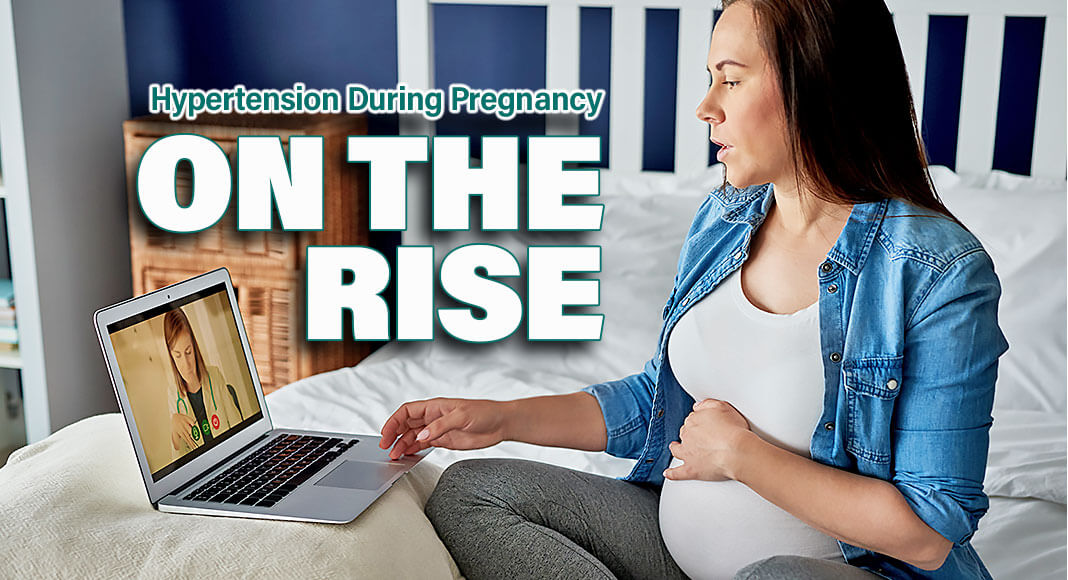
Mega Doctor News
CLEVELAND CLINIC – Nearly half of American adults have high blood pressure.
Even more concerning, hypertensive disorders in pregnancy are on the rise.
When it comes to high blood pressure disorders during pregnancy, there are three that are most common.
“First is chronic hypertension, which is when a woman is diagnosed with hypertension before pregnancy or early in pregnancy – before 20 weeks,” said Oluwatosin Goje, MD, an obstetrician and gynecologist for Cleveland Clinic. “Then there is gestational hypertension, which is hypertension after 20 weeks of pregnancy. Those with gestational hypertension can eventually develop what we call preeclampsia.”
According to the CDC, high blood pressure is seen in one in every 12 to 17 pregnancies among women ages 20 to 44 in the United States. Preeclampsia occurs in around one in 25 pregnancies.
Dr. Goje said preeclampsia is the more severe type of hypertension in pregnancy and can potentially impact organ function and the placenta.
To avoid complications, she stresses women must be screened for high blood pressure before, during and after pregnancy.
Dr. Goje explained those over the age of 40 have an increased risk of developing hypertensive disorders during pregnancy as well as those with diabetes, immune system disorders like lupus or women who went through in vitro fertilization.
She noted Black women are also at an increased risk.
So how can a woman lower her risk for high blood pressure?
“You can control your blood pressure by staying active, exercising and eating a healthy diet. When it comes to diet, I tell patients you’re not fasting or starving – but you’re eating more fruits and vegetables and drinking more water,” Dr. Goje said. “It’s also crucial to reduce stress. Stress has been known to complicate a lot of maternal morbidity conditions, especially in Black women.”
Dr. Goje said it’s important to take measures before pregnancy to control blood pressure levels and decrease the risk of complications.









